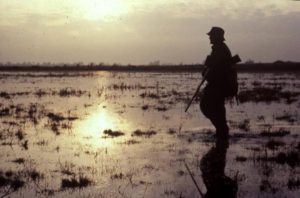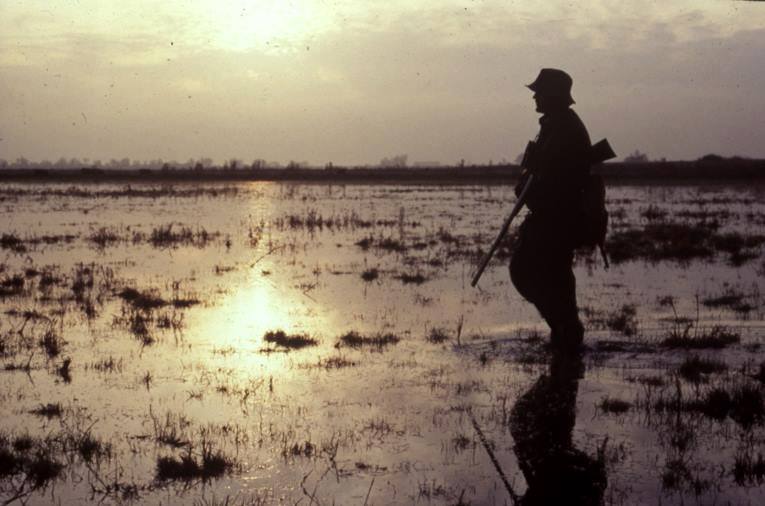 BASC has reiterated its support of the government’s decision to exclude ‘reference areas’ from the third tranche of Marine Conservation Zones (MCZ) following publication today of a report by the Environmental Audit Committee.
BASC has reiterated its support of the government’s decision to exclude ‘reference areas’ from the third tranche of Marine Conservation Zones (MCZ) following publication today of a report by the Environmental Audit Committee.
BASC’s written submission to the committee’s Marine Protected Areas inquiry made it clear the association would not support the designation of highly protected marine areas where wildfowling takes place.
The decision reached by government is in line with the evidence presented by BASC, which has campaigned against reference areas on the grounds they would ban wildfowling by default in such areas.
In its evidence to the committee, BASC also urged policy-makers to ensure that future consultations on marine conservation zones are thorough, target the people and groups that use the various proposed sites in question, and fully consider their views.
Mark Greenhough, BASC’s wildfowling officer, said: “BASC has consistently fought against the imposition of reference areas. We do not want to see further restrictions placed on wildfowling and we will not support the designation of highly protected marine areas where wildfowling takes place.
“Our submission to the Environmental Audit Committee’s inquiry into marine protected areas asked for lessons to be learned from earlier, misguided proposals to introduce reference areas. We have consistently argued that marine conservation measures must take account of local traditional and cultural activities which provide a sustainable use of natural resources.”
In 2012, following representation from BASC, proposals to introduce reference areas were dropped from the first tranche of MCZs designated around the English coast.
BASC also successfully campaigned to remove clauses that would have allowed future bans on shooting from the draft Marine Bill in Northern Ireland.
In 2013, BASC campaigned successfully for the Welsh government to withdraw proposals for highly protected marine conservation zones that would have banned wildfowling by default.
